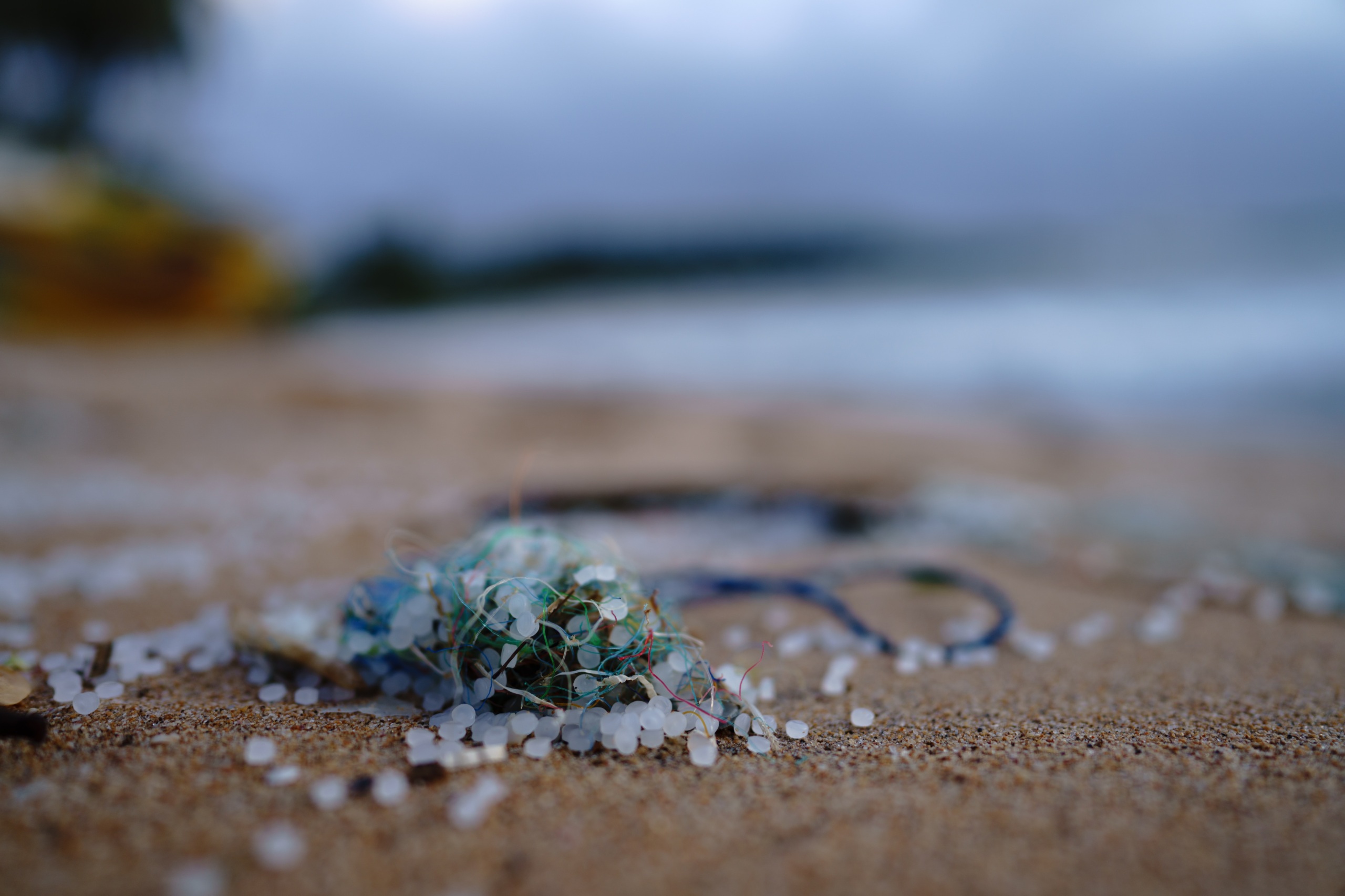
We’re campaigning for Microplastic Free Waters
Tiny plastic pellets, called “nurdles,” are being dumped into our waterways. A new bill could make this microplastic pollution illegal.
Together we can protect the waterways that sustain our communities and our health.
Our waterways should be safe for swimming, fishing and drinking. But weak regulations and lax enforcement allow many of our rivers, lakes and streams to become so polluted they are no longer safe. This pollution, along with outdated infrastructure – like lead pipes in our schools – puts our health at risk. We need to work together to make sure our water is treated like the life-giving resource that it is.
Tiny plastic pellets, called “nurdles,” are being dumped into our waterways. A new bill could make this microplastic pollution illegal.
Here are 10 examples of how our advocates won positive results for the public and the planet in 2023.
A glance at PIRG's, Environment America's plans to serve the public interest in the new year
On Wednesday, experts from PIRG, Environment America and Southern Environmental Law Center discussed what states can do to stop contamination of PFAS from industrial sources.
The Atlantic hurricane season lasts from June 1 through November 30. This resource guide can help members of the media cover it more thoroughly and accurately.